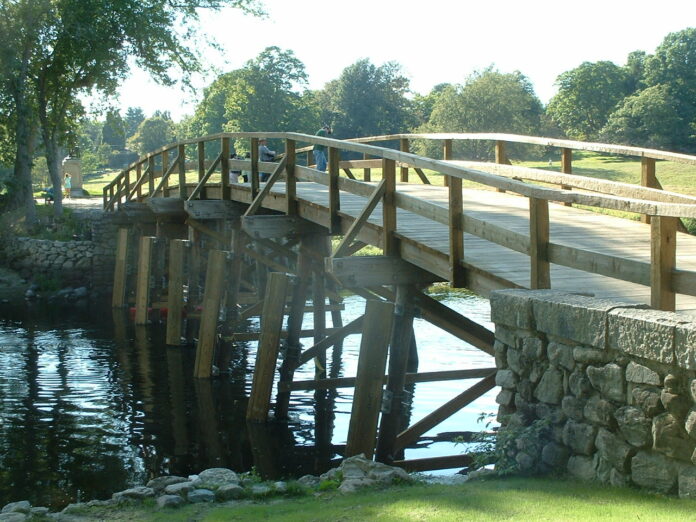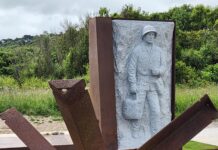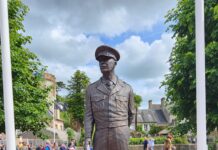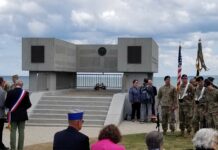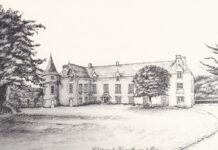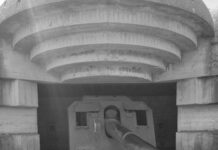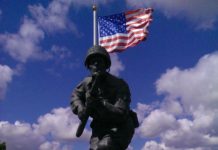CONCORD, Mass.—A short drive from Boston, the Minute Man National Historical Park includes 20 miles of road connecting battle sites and country towns. Battle Road Trail is full of bikers, roller skaters on a five-mile paved path. There are great sites to see for the hiker, and the countryside is beautiful, but one has to wonder if the bikers and skateboarders even stop to reflect on the importance of the sites they whisk by.
Along the trail, there is the Minute Man Visitor Center with a short video of the events that led up to the battles at Lexington and Concord and other exhibits. There is a monument where Paul Revere was captured, the 1733 Hartwell Tavern, and the Meriam House. Near the trail is The Wayside mansion (named by owner Nathaniel Hawthorne), which was the childhood home of Louisa May Alcott.
Close to Concord is Walden Pond, which inspired Henry David Thoreau. Walden Pond is a state park with a good gift shop and hiking trails. A parking fee is charged.
Concord’s Colonial Inn (48 Monument Square, 978-369-9200,
www.concordscolonialinn.com). This historic inn, built in 1716 and located on the town’s green, has 56 rooms, two restaurants, a pub and lounge with live entertainment.
THE BATTLES AT LEXINGTON AND CONCORD
Under pressure from the ministry in London, the British Army under Gen. Thomas Gage set out to burn colonial weapons depots in Concord. Riders Paul Revere and William Dawes rode at night from Boston to warn Samuel Adams and John Hancock in Lexington.
When the British arrived, they were met by troops under Maj. John Pitcairn and Capt. John Parker on Lexington Common. It was not clear who fired the first shot, but when the smoke cleared, eight Americans lay dead. The British continued down the road to Concord.
On one period house next to Lexington Common, a plaque commemorates the owner who staggered home after being shot a few yards away. He later died of his wounds.
At Concord, seven companies of British soldiers searched house-to-house for arms. Fearing their houses would be burned, the colonials set out to save them and approached the North Bridge. The British withdrew across the bridge and fired a volley.
Major Buttrick of Concord gave the order to fire, which was the first time the colonials fired a volley into the ranks of British soldiers. The outnumbered British withdrew into the town.
Ralph Waldo Emerson coined the phrase “the shot heard ‘round the world” to describe the significance of the short fight at the North Bridge.
After regrouping, the British were harassed by fire from trees, walls and houses all the way back on the march to their stronghold in Boston by hundreds of colonial militia. By the time they reached Lexington, they were met by 1,000 British reinforcements from Boston.
The heaviest fighting occurred near current-day Arlington, where 5,000 men on both sides fought. An estimated 73 British soldiers were killed during the day, while American losses were 49 dead.



